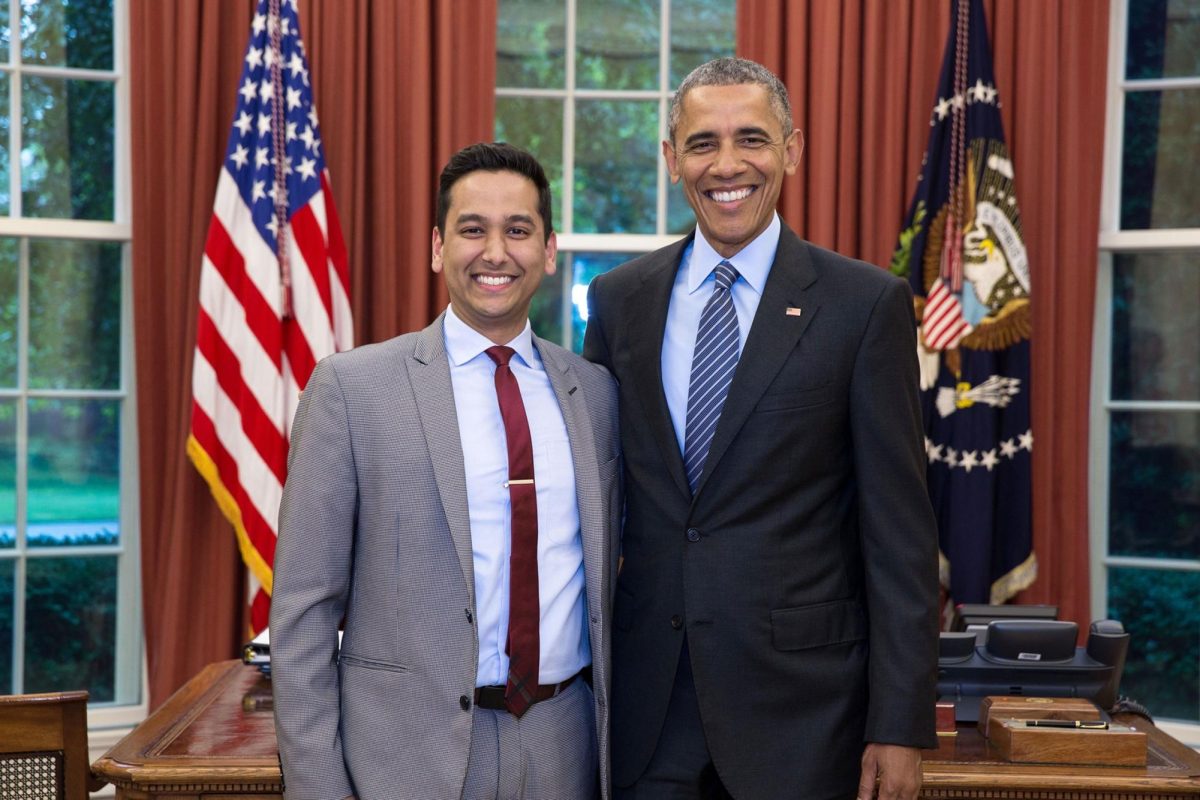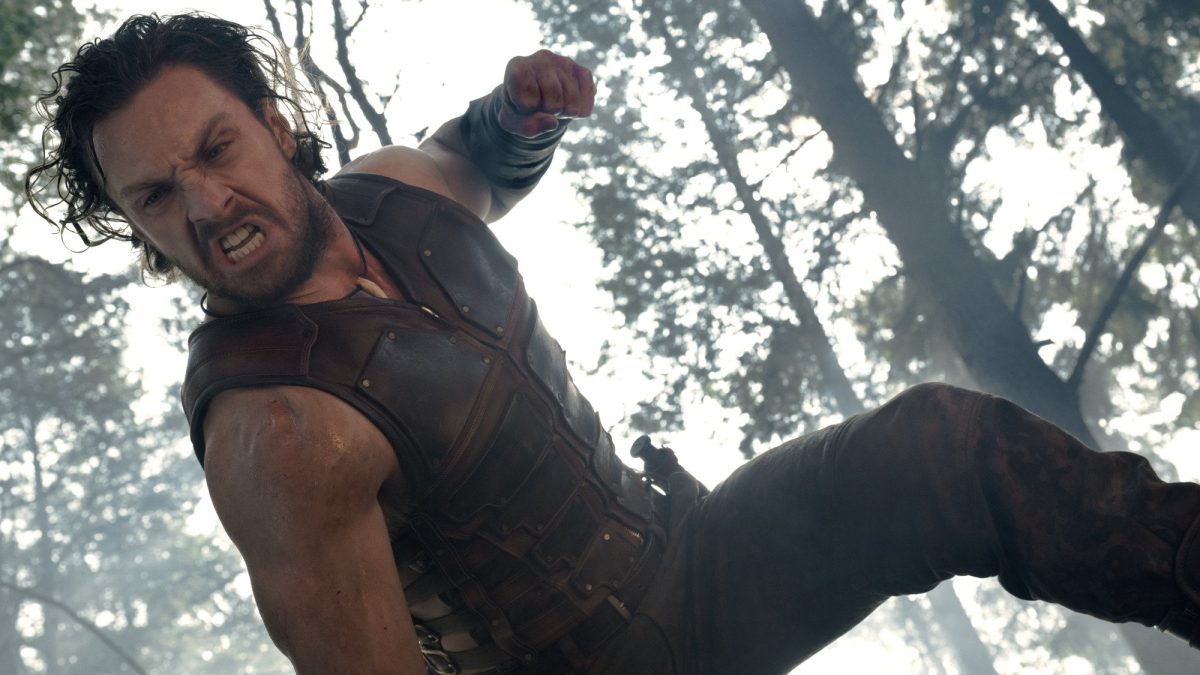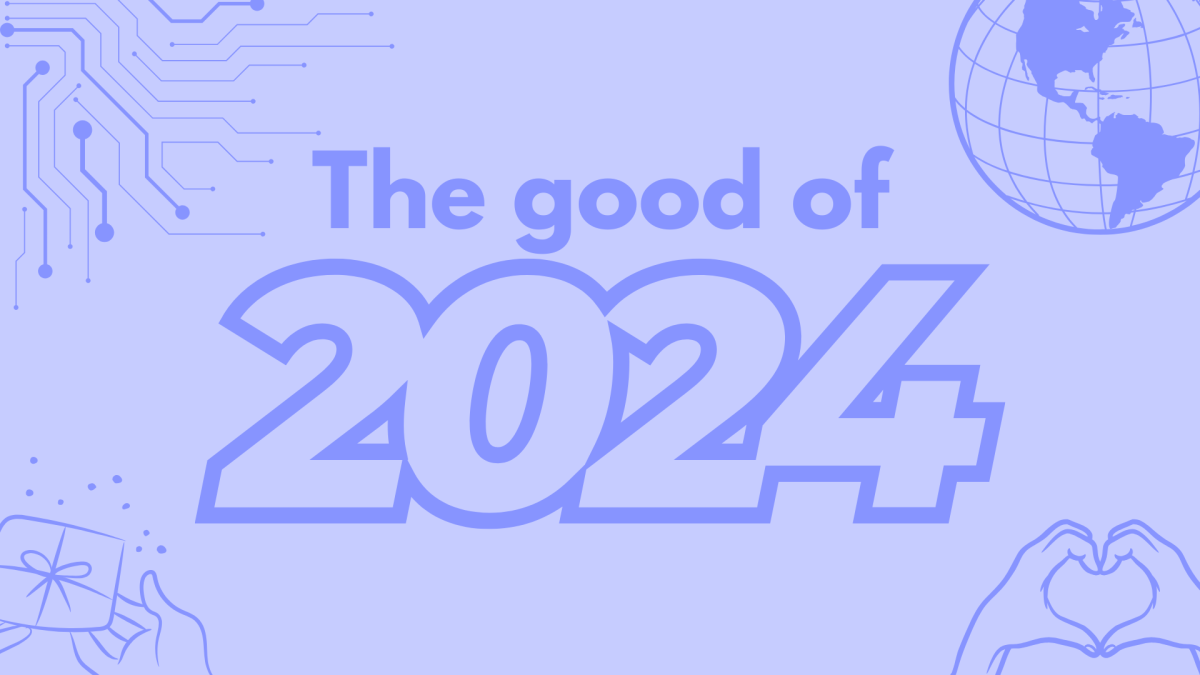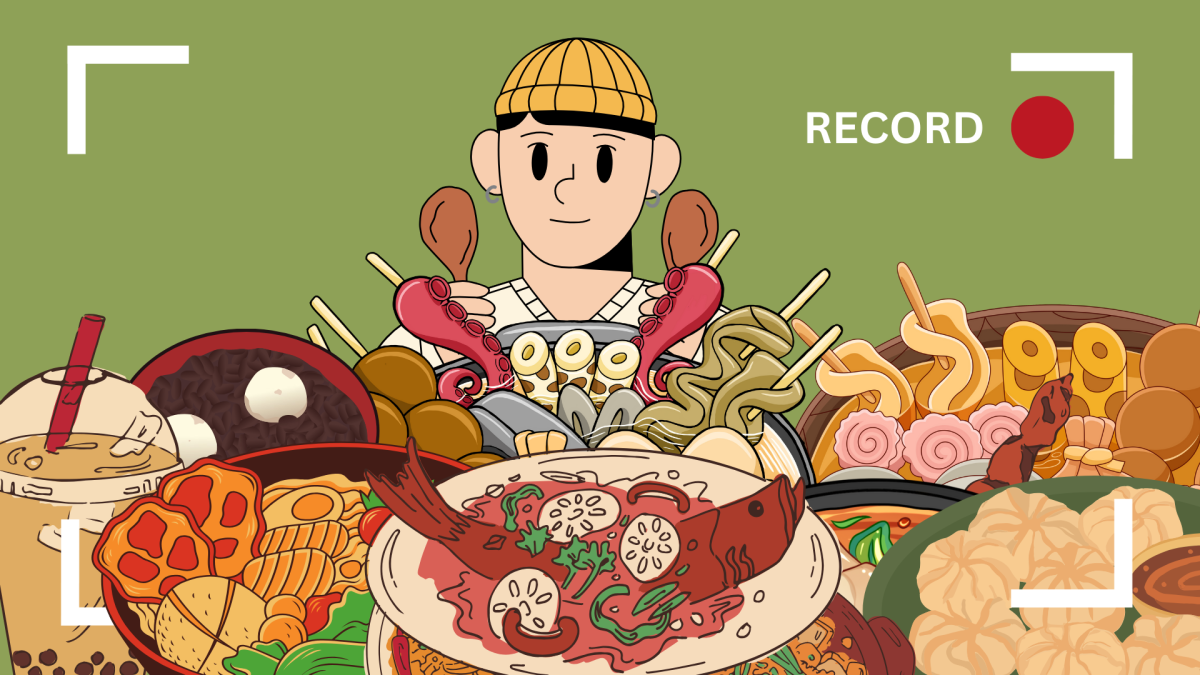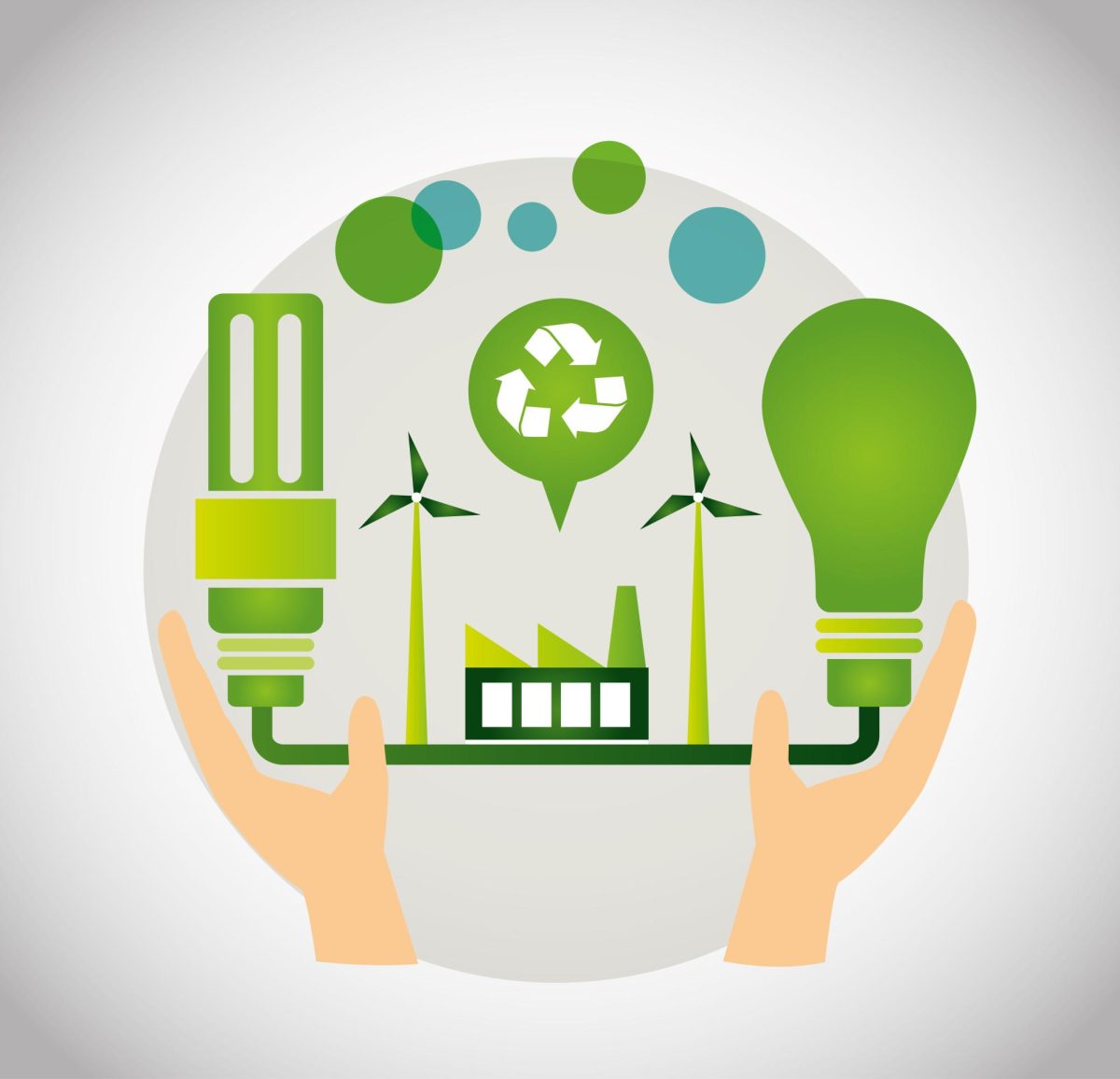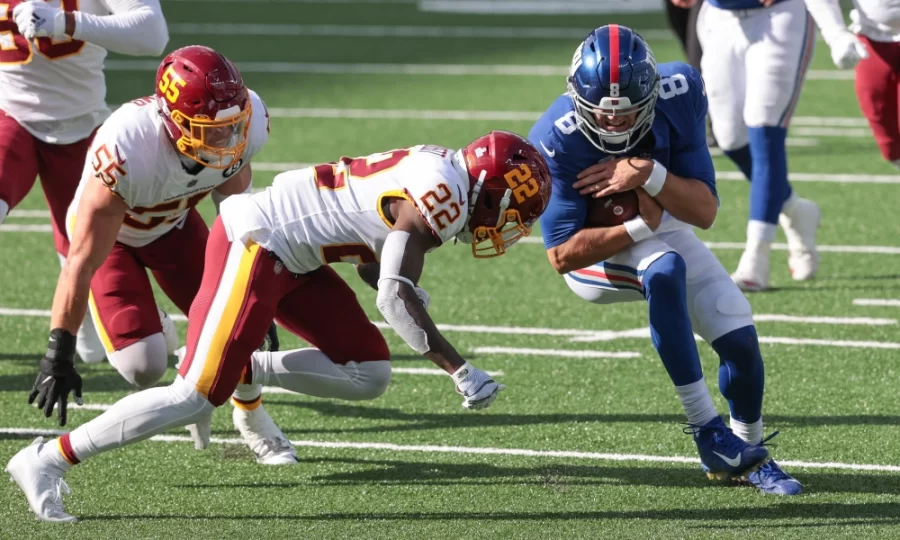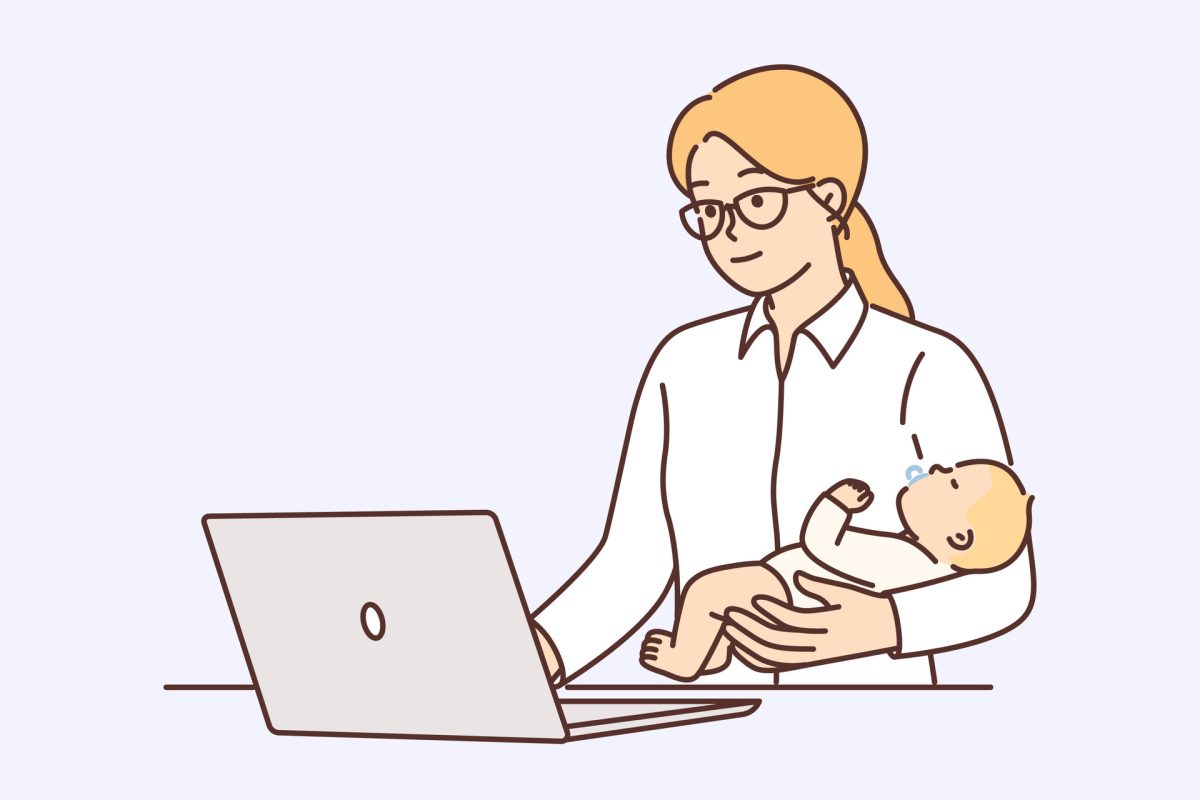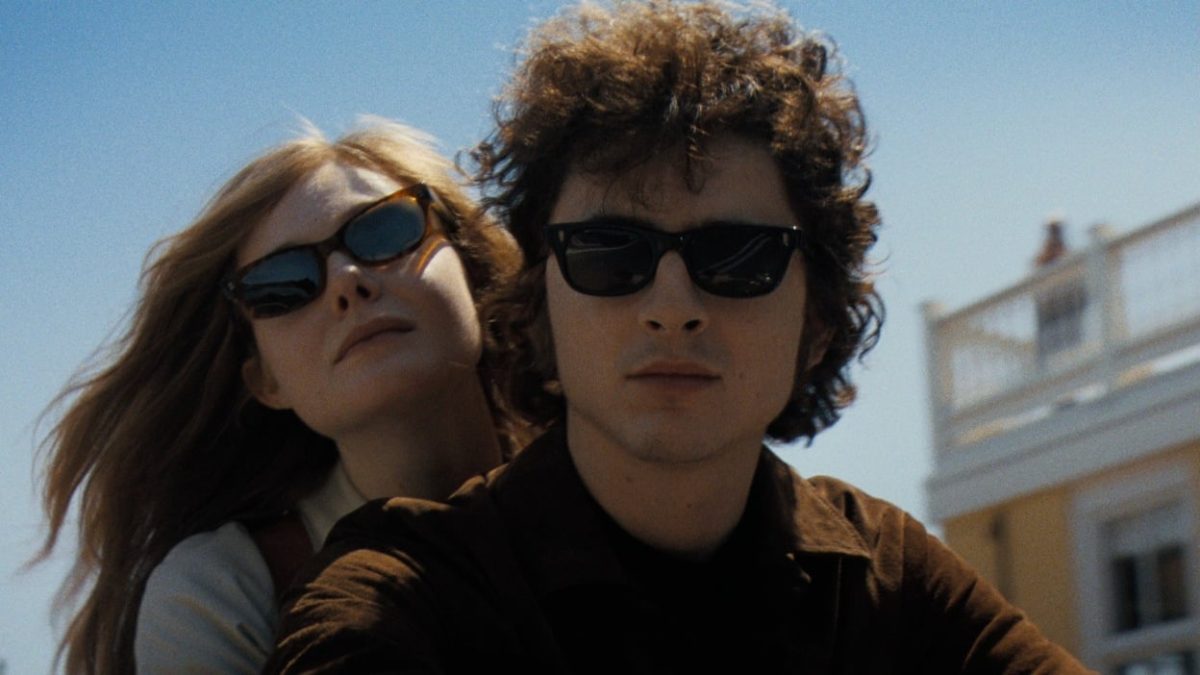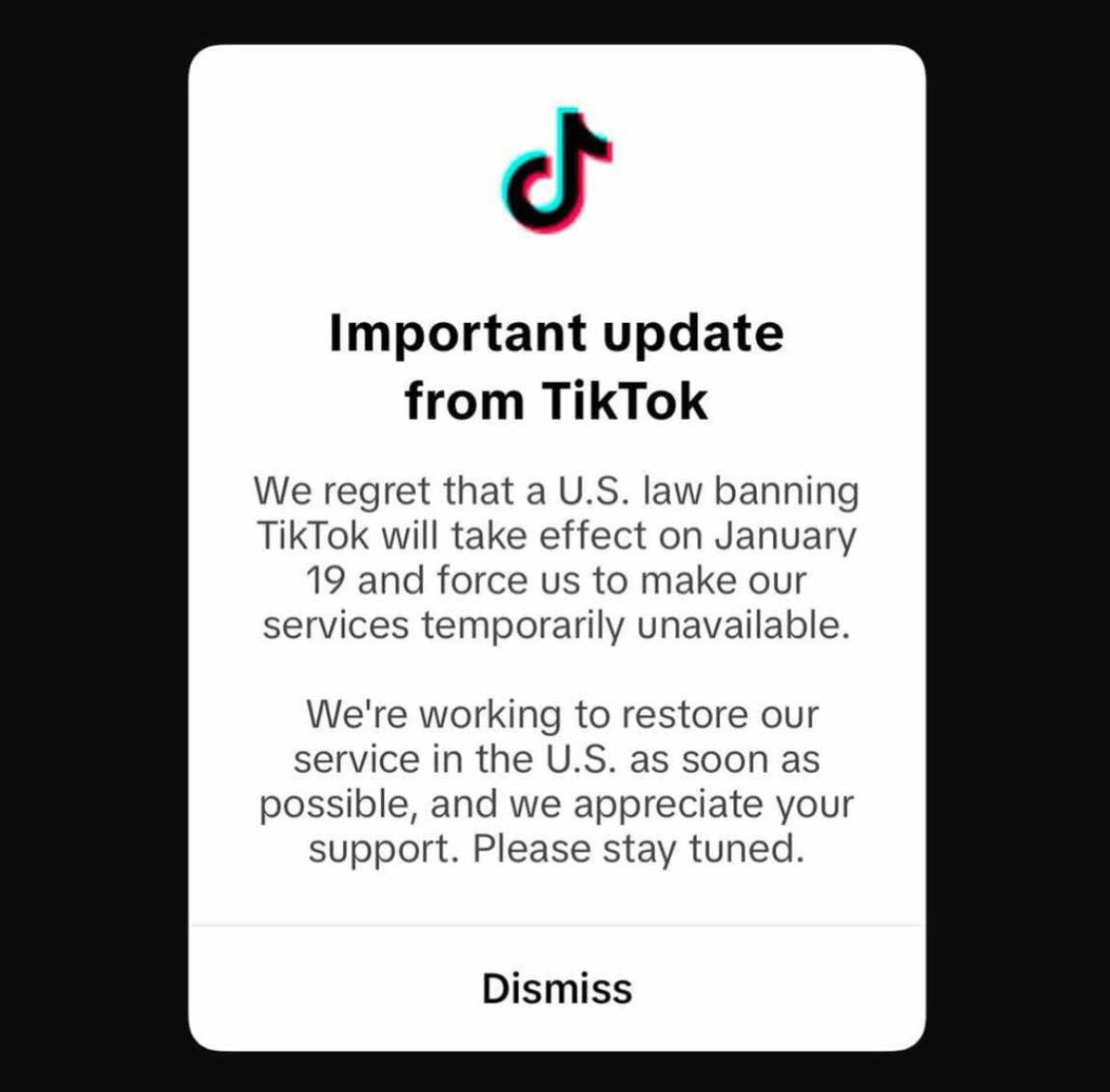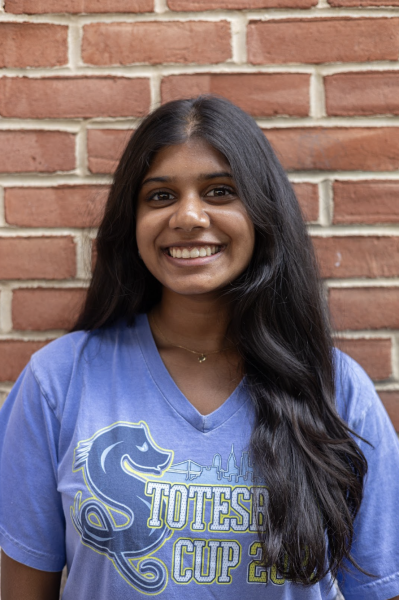Ashwani Jain is a Congressional candidate running for Maryland’s 6th district in the 2024 U.S. primary election, which will take place on May 14. Jain has experience working in the Obama/Biden administration, the U.S. Department of Health and Human Services, the U.S. Department of Housing and Urban Development and the National Kidney Foundation. Jain is also a cancer survivor and worked as Director of Outreach for the Cancer Moonshot Summit.
Responses have been edited for length and clarity.
The Black & White: When did you realize you wanted to explore a career in public service and politics?
Ashwani Jain: My entry into public service started when I was thirteen years old. In the middle of eighth grade, I was diagnosed with cancer. Going through cancer at any age, let alone when you’re a teenager, shifts your perspective on life. I felt powerless and hopeless and a lot of people were speaking at me, as opposed to speaking with me. I felt like people were treating me like I was a statistic. I wanted to do something so that no one else felt as powerless as I was and I promised myself that if I made it out of that hospital room, I was going to find a way to get involved in some aspect of my community, meeting with other people who have similar struggles.
I got involved with the Make-A-Wish Foundation and the American Cancer Society, which was my first entry into community service and the first time I felt empowered to share my story and channel the challenges I went through positively. In February of 2007, I was a senior at Churchill High School and politics was not something I could see myself in as an immigrant or a person of color. But then, Barack Obama decided to run for President. I didn’t know anything about politics but I saw someone who looked like me more than anyone else. I loved his team and campaign and felt a sense of empowerment from him, so I showed up at a random campaign office and they put me to work. I kept showing up, fell in love with the mission and worked my way up from a volunteer.
B&W: Did you have any mentorships that guided you toward a career in public service?
AJ: Yes, there are a lot of people, including all of my former bosses on the first Obama campaign in 2007-2008. I was lucky to work with some amazing people who were running big programs for Obama and took a chance on me. They believed in my potential and were willing to train and guide me and allowed me to ask stupid questions. They didn’t make me feel like I didn’t belong, so I kept showing up because I was trying my best and willing to do anything. The more I showed up, the more they trusted me and more doors kept opening for me. They helped me understand the potential of what you can do if you’re involved in politics not for a job, but for a calling and a passion.
B&W: How did your background and upbringing influence your policy-making and public service?
AJ: I come from a family of immigrants, who are small business owners that didn’t have any political connections. They moved to this country with very limited resources and worked to achieve their American dream. Growing up, they always taught me the importance of appreciating the opportunities this country has. They taught me that if we are lucky enough to open that door of opportunity for ourselves, we have to keep it open for everyone behind us. This idea of giving back was always instilled in me and I’ve been able to apply it in public service and politics specifically.
B&W: What types of challenges did you face working in public service at a young age and how did you overcome them?
AJ: Being one of the youngest people and one of the few people of color in political meetings still happens all the time. Even in my race for Congress, I am the only Asian American Pacific Islander (AAPI) candidate in my race of 12 Democrats. If elected, I would be Maryland’s first millennial and AAPI member of Congress, let alone the first Indian member of Congress from the state. I’m always in rooms where I feel like maybe I don’t belong, or I’m forced to feel like I don’t belong. People tell me I’m too young to make a difference, I’m too ambitious, I don’t have the right experience, I don’t know what I’m talking about — but that empowers me to work even harder. I don’t just focus on being the first, I focus on the specific policy solutions I know will help my community. By showing that, I’m engaging more people in this process that allows me to force myself at that table where decisions about my life and your life are being made.
B&W: Reflecting on your time in the White House, what were some valuable lessons you took away from that experience?
AJ: One lesson was to have confidence in yourself because you realize that you are more similar than dissimilar to the people you look up to, so don’t be afraid to ask questions and seek advice from people up and down the chain because you never know who you can build as a friend and a network. Also, when you focus on the job you have in front of you, other doors of opportunity will open up. I worked with some people who were so focused on landing the next job or promotion that they lost sight of what was right in front of them. I ended up getting hired for those jobs because people notice if you have too much of an ego or if you’re just doing something to get a checkmark on your resume versus wanting to do the actual work itself.
B&W: What policy areas are you most passionate about addressing if elected to Congress and why?
AJ: I’m focused on the underlying idea of how to have a greater equality of opportunity and making sure we lift up marginalized communities. One big underlying issue is money in politics. There are so many special interests that corrupt a process that make it hard to move forward on issues like gun violence and reproductive justice. That can make candidates focused on the few wealthy donors and not their actual constituents, which is why my campaign events are free and I refuse money from corporations of special interest. I’m proposing that if I were a member of Congress, I would ban every member and their spouse from owning and trading stocks while in office because all of these issues are connected.
B&W: What is the value of having the younger generation involved in the political process?
AJ: For one, millennials and Gen-Z make up the largest voting bloc in this country. We’re also the main reason why President Biden won the election in 2020. Looking at the power that our voices have and the fact that we’ve been the leaders of the feminist movement, the Black Lives Matter movement and the gun violence prevention movement, when we get involved we shape history and policies because we are that powerful. In my campaign, I speak to my younger volunteers and advisors the same way I speak to people who are 40 and 50 and have been campaign managers and worked on senior levels. I think that’s the mentality we need every other candidate in my race and most races in this country to have.
B&W: Lastly, what advice do you have for students interested in pursuing a career in politics?
AJ: The best advice I have is to show up. If you are interested in an issue, a policy or a party in your community, there are a lot of different people and organizations that would love your help. Make your voice heard and work for organizations that align with your values. If you’re a big advocate for accessibility and transparency, don’t work for a campaign where you don’t have that one-on-one access to that candidate. My campaign is a great example of this because, on my team, you have more direct senior-level access to me as a Congressional candidate than anyone else is going to give you and you’ll have access to a team that will mentor and guide you, a team doing this work for the right reasons. Beyond my campaign, figure out what you’re passionate about, show up, reach out, get involved and when there’s an opportunity in front of you, make use of it.



